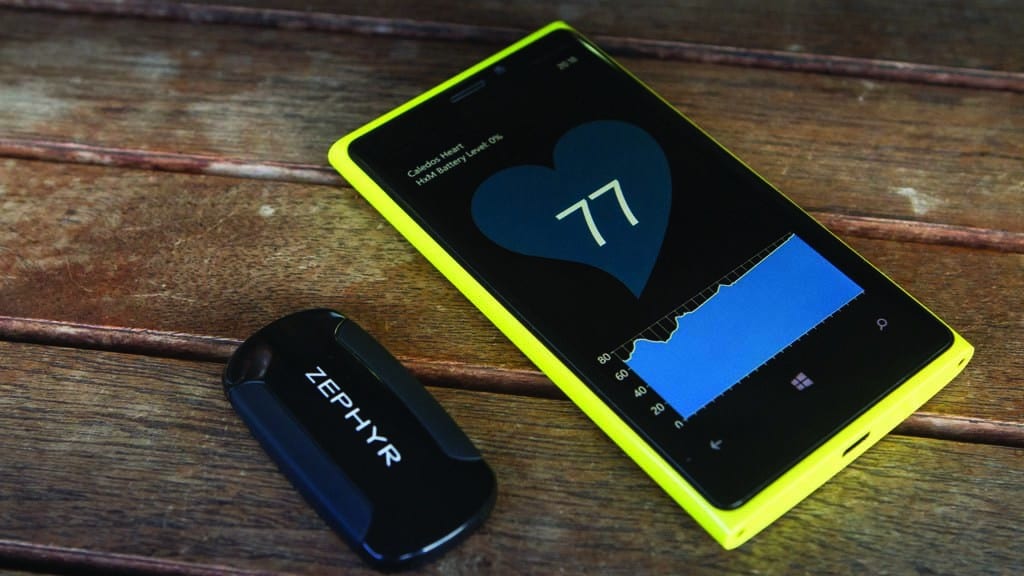As smartphones and wearable gadgets cascade into every crevice of life, the prospect of technological advances in mobile health (m-health) that will usher in a transformative era of healthcare has appeared. M-health refers to the practice of medicine supported by mobile devices. Particularly in developing countries that have experienced a sharp rise in mobile penetration, a flurry of innovative experiments have been under way to revolutionize their ill-equipped healthcare systems and provide life-saving services to those who need them the most. For instance, Dr. Andrew Bastawrous and his colleagues have developed Peek, the portable eye exam kit comprised of a mobile app and a clip-on scanner added to a smartphone that can perform a wide range of ophthalmic tests, such as a cataract diagnosis. With this smart toolkit harnessing wireless technology, his team was able to diagnose eye diseases at an early stage and prevent a host of people in Kenya from becoming blind.
The example of Peek epitomizes one of the features of m-health technology, i.e. remote monitoring and diagnosis of patients. This technology allows doctors to remotely monitor patients, systematically analyze vast amounts of health data and effectively provide treatments in a timely manner. Another technological achievement in m-health has been made with wireless and wearable gizmos with a full range of sensors. These new devices constantly measure the health conditions of people, store their data and send an alert if something is wrong. These devices also set daily goals for the user’s fitness that motivate them to exercise. Take the Apple watch as an example. This product tracks the user’s heart rate and activity through a built-in accelerator and optical sensors. An app on the iPhone aggregates data from the watch and visualizes it to check the user’s health conditions and show whether their personal goals are being met.
Drawing upon the advance of sensor/network technology, one way to ward off medical catastrophes is by periodically checking whether people take their medicine on time. Proteus Digital Health, for instance, has been testing an ingestible sensor that collects and transmits data on when patients take pills. Vitality also rolled out a smart pill bottle, called GlowGaps, which contains a sensor inside the cap that monitors when the pill bottle is opened and wirelessly sends the information to caregivers. This fleet of low-cost sensors and internet-connected health software has been enabling the mass customization of healthcare and generating new business models for enterprises.
Notwithstanding a promising future sketched by relentless advances in m-health technology, there have been some concerns raised over this tech-driven brave new world. Not only the functionalities of these new gadgets render some of the healthcare workers’ skills obsolete (i.e. deskilling in Harry Braverman’s words), but also automatic diagnostic software may deprive people of an ability to self-scrutinize changes in their bodies. Furthermore, the way people behave can be significantly affected by the pre-programmed logic of software, and even be “disciplined to produce bodies docile” to particular algorithms (in Michel Foucault’s terms). For instance, people wearing the Apple watch may alter their lifestyles to achieve their work-out goals set by his computerized watch and, in doing so, inexorably yet imperceptibly discipline their body to fit in the world designed by the algorithms.
Another snag in these advances is digitalized personal information, including sensitive health data, which perpetually floats around the Internet. As wireless sensors incessantly upload users’ private data to the cloud, it will become more costly to delete it. This “perfect memory” via digital archives, according to Mayer-Schönberger, extends Bentham and Foucault’s Panaopticon that pressures people to self-censor. Furthermore, by accumulating such data, the ability to permanently self reflect on their “life log” will end up consuming much of their time. If this goes too far, people can be trapped within their individual worlds, detached from others. That is, people may spare more time to satisfy their narcissist cravings. All in all, there is little doubt that new mobile technology especially in healthcare opens up a frontier of endless possibilities. We must not forget that just over a century ago, unfettered advances of technology were employed to wreak havoc on human civilianization. It therefore behooves us to thoroughly ponder upon the unintended consequences of advances in technology on people and society.

